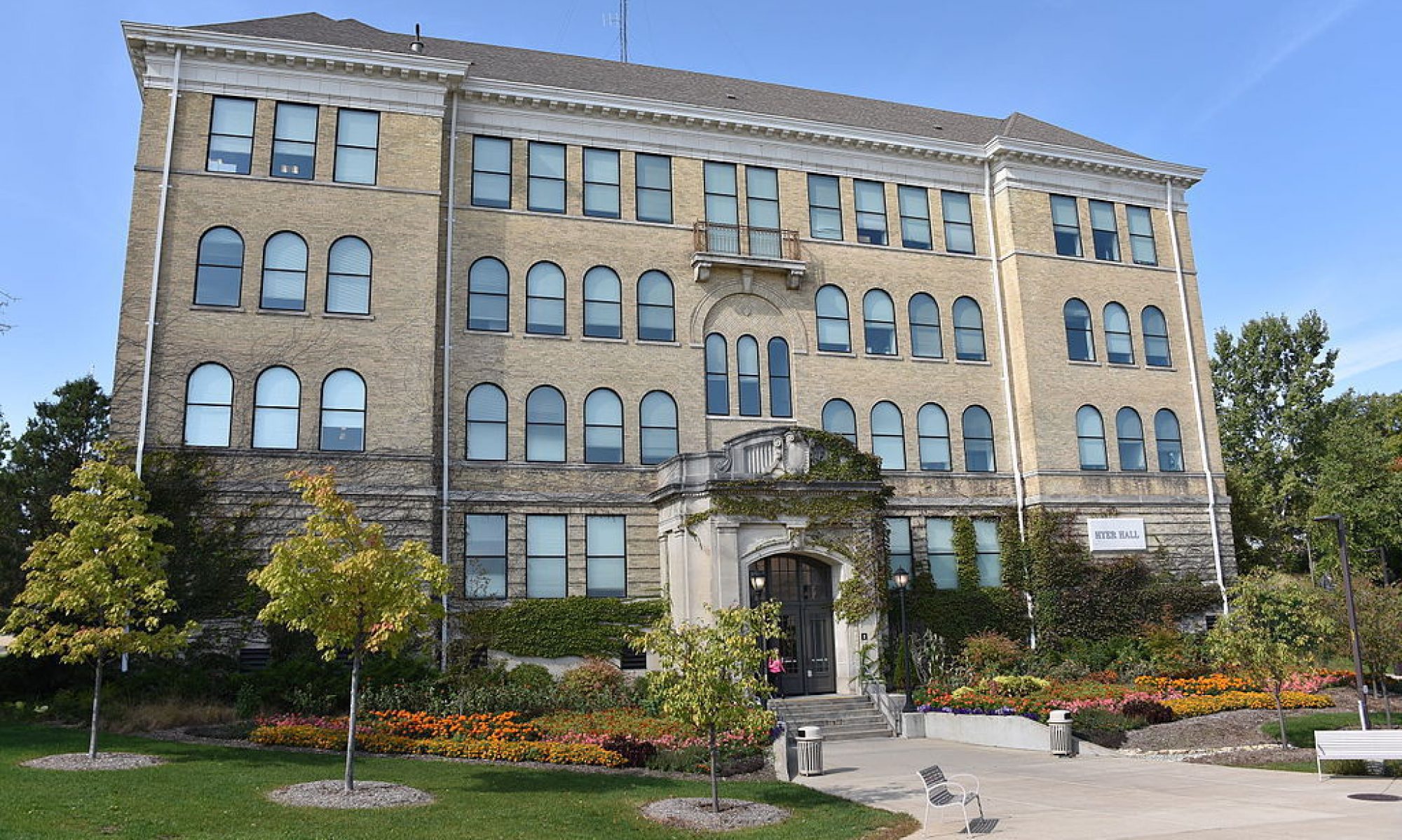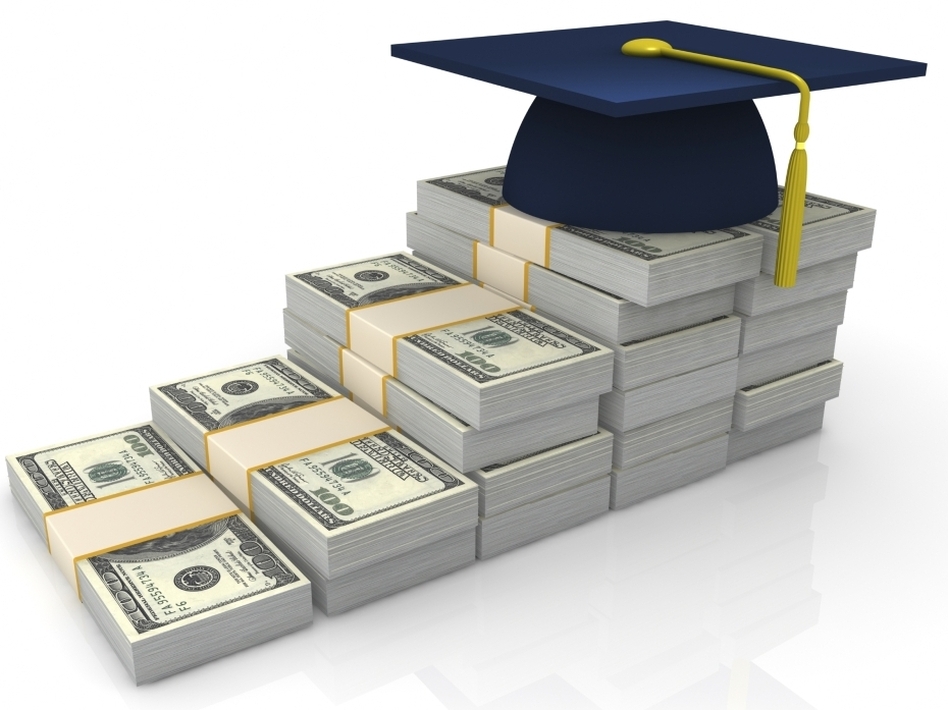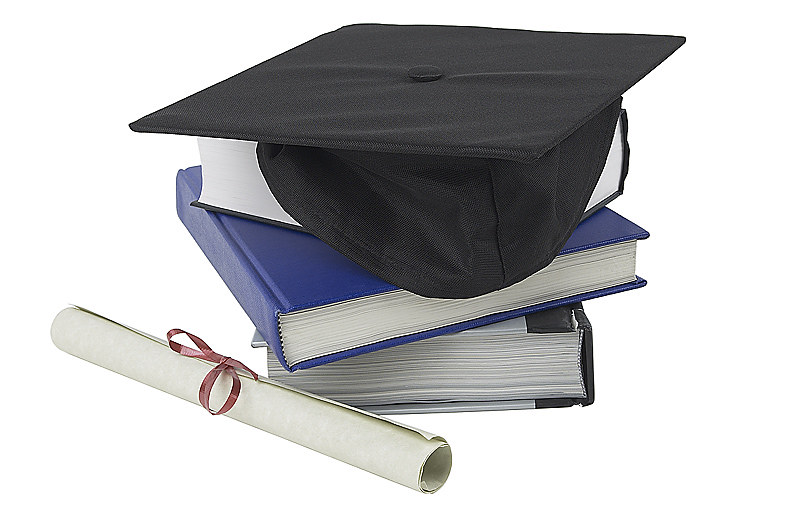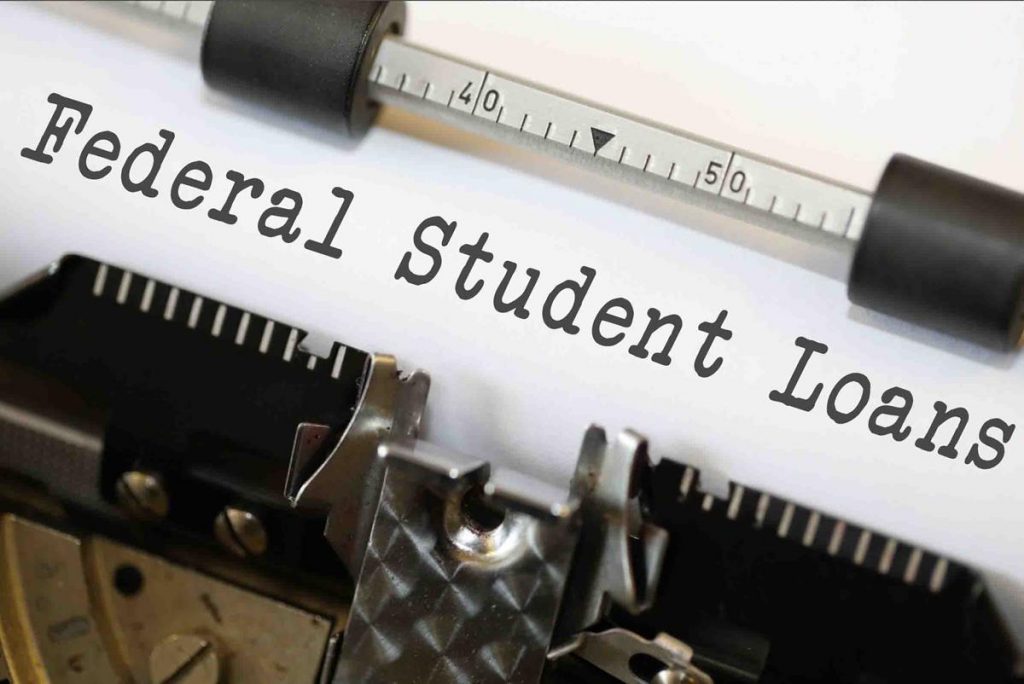Going to college for most is large financial commitment, according to an article written by Mealanie Hanson for the Education Data Initiative, the average student loan debts for students are as follows:
The average undergraduate student loan debt balance is $37,337
The average debt among master’s degree holders is $83,651
The average debt among PhD holders is $125,276
Below is a list put together by Methodology, of the top majors ranked on average starting salary, with 1 being the highest and 163 being the lowest:
- Petroleum Engineering: $107,954
- Naval Architecture and Marine Engineering: $91,562
- Nuclear Engineering: $86,112
- Computer Engineering: $79,540
- Chemical Engineering: $78,322
- Computer Science: $77,223
- Actuarial Science: $76,528
- Electrical Engineering: $75,120
- Mechanical Engineering: $73,133
- Applied Mathematics: $72,565
- Aerospace Engineering: $72,070
- Industrial and Manufacturing Engineering: $71,593
- Materials Science: $71,467
- Economics: $70,590
- General Engineering: $69,172
- Finance: $68,916
- Statistics and Decision Science: $68,213
- Materials Engineering and Materials Science: $68,206
- Biological Engineering: $67,843
- Miscellaneous Engineering: $67,815
- Business Economics: $67,790
- Biomedical Engineering: $67,239
- Management Information Systems and Statistics: $67,232
- Construction Services: $67,183
- Civil Engineering: $66,658
- Architectural Engineering: $64,345
- Operations Logistics and E-Commerce: $63,712
- Engineering and Industrial Management: $63,266
- Public Policy: $63,145
- Information Sciences: $63,024
- Electrical Engineering Technology: $62,647
- Miscellaneous Engineering Technologies: $62,470
- Engineering Mechanics Physics and Science: $62,311
- Environmental Engineering: $61,170
- Mechanical Engineering Related Technologies: $60,869
- Mathematics: $60,704
- Computer and Information Systems: $60,101
- Nursing: $59,569
- Accounting: $59,014
- Computer Administration Management and Security: $58,943
- Physics: $58,623
- Nuclear, Industrial Radiology, And Biological Technologies: $58,345
- Transportation Sciences and Technologies: $58,018
- Industrial Production Technologies: $57,144
- General Business: $56,918
- Computer Programming and Data Processing: $56,578
- Engineering Technologies: $56,556
- Miscellaneous Business and Medical Administration: $56,070
- Miscellaneous Social Sciences: $55,710
- International Business: $55,273
- Marketing and Marketing Research: $54,908
- Agricultural Economics: $54,696
- Food Science: $54,117
- International Relations: $53,927
- Business Management and Administration: $53,422
- Medical Technologies Technicians: $52,910
- Computer Networking and Telecommunications: $52,425
- Agriculture Production and Management: $52,130
- Political Science and Government: $52,064
- Pharmacy Pharmaceutical Sciences and Administration: $51,934
- Architecture: $51,911
- Medical Assisting Services: $51,722
- Advertising and Public Relations: $51,656
- Electrical, Mechanical, And Precision Technologies and Production: $51,241
- Interdisciplinary Social Sciences: $51,171
- Cognitive Science and Biopsychology: $50,571
- Human Resources and Personnel Management: $50,302
- Astronomy and Astrophysics: $49,648
- Industrial and Organizational Psychology: $49,521
- Multi-Disciplinary or General Science: $48,838
- Chemistry: $48,692
- Atmospheric Sciences and Meteorology: $48,626
- General Agriculture: $48,568
- Miscellaneous Agriculture: $48,483
- Communications: $48,087
- Pre-Law and Legal Studies: $47,899
- Neuroscience: $47,815
- Biochemical Sciences: $47,542
- Molecular Biology: $47,107
- Genetics: $46,795
- Geosciences: $46,614
- Physical Sciences: $46,421
- Microbiology: $46,397
- Plant Science and Agronomy: $46,311
- Health and Medical Administrative Services: $46,230
- Journalism: $46,015
- Miscellaneous Education: $45,945
- Geography: $45,833
- Criminal Justice and Fire Protection: $45,819
- Geology and Earth Science: $45,792
- Hospitality Management: $45,709
- Intercultural and International Studies: $45,357
- French German Latin And Other Common Foreign Language Studies: $45,323
- Health and Medical Preparatory Programs: $45,317
- Soil Science: $45,304
- Public Administration: $45,296
- Commercial Art and Graphic Design: $45,273
- Miscellaneous Biology: $45,251
- Other Foreign Languages: $45,028
- Criminology: $44,971
- Oceanography: $44,952
- History: $44,736
- Interdisciplinary Social Sciences: $44,639
- Philosophy and Religious Studies: $44,629
- Forestry: $44,339
- Clinical Psychology: $44,336
- Sociology: $44,075
- Communication Technologies: $43,883
- United States History: $43,674
- Mass Media: $43,455
- Physiology: $43,441
- Botany: $43,437
- Miscellaneous Fine Arts: $43,407
- Area Ethnic and Civilization Studies: $43,295
- Treatment Therapy Professions: $43,289
- Environmental Science: $43,187
- Art History and Criticism: $43,098
- Nutrition Sciences: $42,845
- Biology: $42,325
- Natural Resources Management: $42,053
- Liberal Arts: $41,843
- Mathematics Teacher Education: $41,767
- General Education: $41,528
- General Social Sciences: $41,303
- Physical Fitness Parks Recreation and Leisure: $41,228
- Community and Public Health: $41,224
- English Language and Literature: $41,149
- Miscellaneous Health Medical Professions: $40,971
- Multi/Interdisciplinary Studies: $40,918
- Psychology: $40,807
- Film Video and Photographic Arts: $40,764
- General Medical and Health Services: $40,623
- Special Needs Education: $40,464
- Physical and Health Education Teaching: $40,178
- Secondary Teacher Education: $40,048
- Animal Sciences: $40,040
- Science and Computer Teacher Education: $39,647
- Fine Arts: $39,404
- Language and Drama Education: $39,336
- Art and Music Education: $38,858
- Teacher Education: Multiple Levels: $38,834
- Social Science or History Teacher Education: $38,775
- Cosmetology Services and Culinary Arts: $38,654
- Linguistics and Comparative Language and Literature: $38,558
- Miscellaneous Psychology: $38,273
- Family and Consumer Sciences: $38,102
- Humanities: $38,006
- Educational Psychology: $37,543
- Human Services and Community Organization: $37,533
- Elementary Education: $37,509
- Composition and Rhetoric: $37,287
- Anthropology and Archeology: $37,187
- Music: $37,092
- Communication Disorders Sciences and Services: $37,088
- Ecology: $36,862
- Social Work: $36,751
- Counseling Psychology: $36,672
- Theology and Religious Vocations: $36,515
- Zoology: $36,325
- Early Childhood Education: $36,233
- Studio Arts: $35,812
- Visual and Performing Arts: $35,787
- Drama and Theater Arts: $35,477
With all this information, and starting salaries, we can see how important it is to pick the right degree. Choosing the wrong education can have a negative financial impact on you, holding you accountable to pay student loans well beyond the typical 10-year period. However, choosing a degree with a higher paying average salary can set you up for financial success and freedom in the near future after graduation. With that, this list is not to deter you away from your dream job or major that you enjoy, but to give you a better perspective and understanding of the expected finances one will have when starting their dream job, so they can continue striving for financial freedom.
What is your major, and why? What do you plan on doing upon completion of your education, and why?




